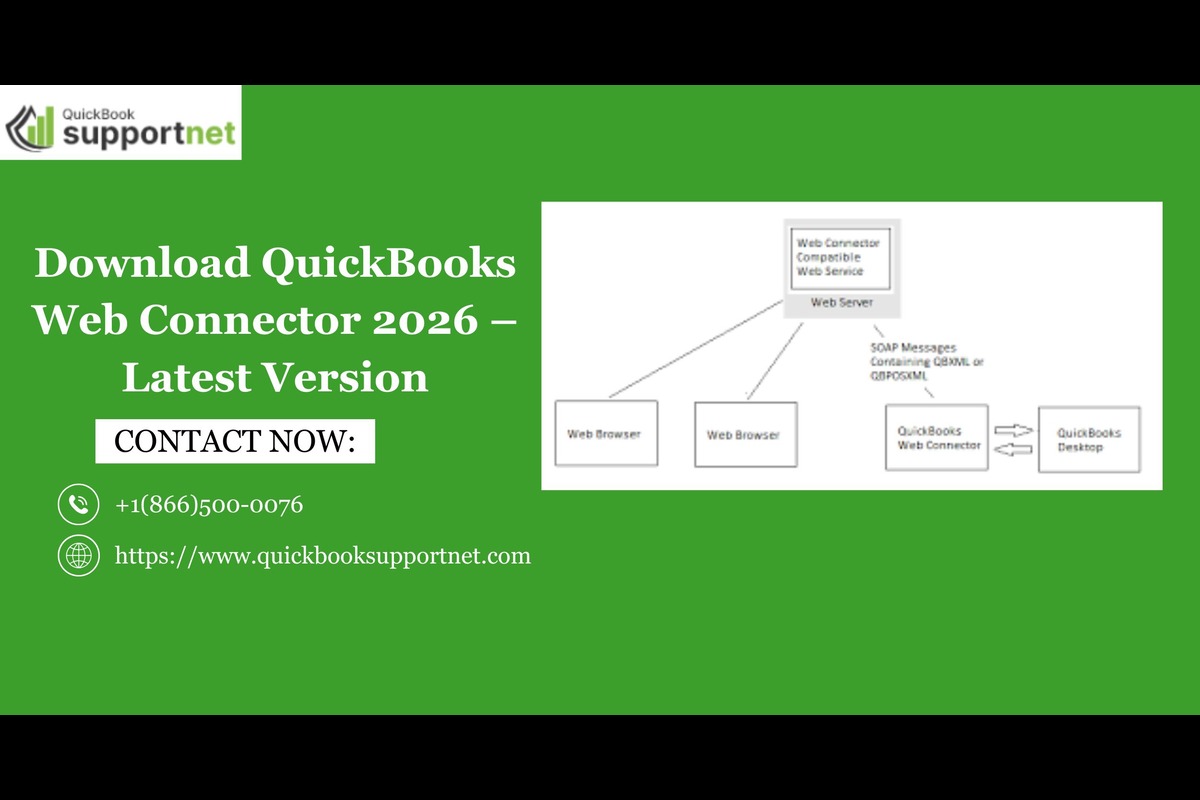
How Workforce Management is Evolving in the Fast-Moving Consumer Goods Industry
The Fast-Moving Consumer Goods (FMCG) industry is one of the most dynamic sectors globally, driven by rapid consumer demand, intense competition, and a constant need for innovation. With evolving supply chains, changing retail models, and digital transformation, managing talent in FMCG has become more complex than ever. FMCG Workforce Management today is no longer just about hiring and staffing; it involves strategic planning, upskilling, employee engagement, and aligning human resources with fast-changing business goals.
This article explores how workforce management is evolving in the FMCG sector, the challenges companies face, and how FMCG Recruitment Agencies and professional Placement Agencies are playing a crucial role in shaping the future of this industry.
The Importance of Workforce Management in FMCG
FMCG companies rely heavily on a diverse workforce—from factory workers and logistics personnel to sales representatives, marketers, and supply chain managers. Proper workforce management ensures:
- Operational Efficiency: Optimizing manpower across production, distribution, and retail.
- Cost Control: Reducing overheads by streamlining shifts and eliminating resource wastage.
- Talent Retention: Building loyalty in an industry notorious for high attrition rates.
- Adaptability: Ensuring employees are trained for new technologies, e-commerce demands, and modern sales techniques.
In an industry where even minor disruptions in manpower can lead to significant business losses, workforce management is a strategic necessity.
Key Trends Shaping FMCG Workforce Management
Technology-Driven Workforce Solutions
Digital tools, including workforce management software, AI-driven scheduling, and real-time performance tracking, are revolutionizing FMCG operations. Companies are leveraging automation to allocate shifts, monitor employee productivity, and accurately forecast labor requirements.
Rise of Gig and Contractual Workforce
Many FMCG companies are increasingly relying on temporary staff for seasonal demand spikes. Contractual workers help businesses remain flexible and cost-effective, particularly in supply chain and retail distribution.
Employee Upskilling and Reskilling
As the FMCG industry embraces automation and e-commerce, there is a growing demand for employees skilled in digital marketing, data analytics, and supply chain technologies. Workforce management strategies now include continuous training and development programs.
Hybrid Work in FMCG Support Functions
While frontline staff like factory workers and delivery executives need to be physically present, many roles, such as marketing, finance, and HR, are shifting to hybrid models. This change requires new management techniques for remote team coordination.
Focus on Employee Well-Being
Burnout and high attrition rates are common in FMCG. Companies are now incorporating wellness programs, flexible schedules, and employee engagement activities into their workforce strategies.
Challenges in FMCG Workforce Management
Despite innovations, FMCG companies face several hurdles:
- High Attrition Rates: Many workers in FMCG shift jobs frequently due to competitive pay and better opportunities elsewhere.
- Skill Gaps: With evolving technologies, there is often a shortage of employees with relevant technical skills.
- Demand Volatility: Sudden spikes in demand (e.g., during festive seasons) create workforce management challenges.
- Geographical Diversity: FMCG businesses operate across urban, semi-urban, and rural markets, making consistent workforce management difficult.
- Regulatory Compliance: Managing labor laws, minimum wages, and workplace safety across regions adds complexity.
Role of FMCG Recruitment Agencies in Workforce Evolution
In such a competitive environment, FMCG companies cannot afford inefficiencies in hiring and talent management. This is where specialised FMCG Recruitment Agencies step in.
Faster Access to Talent
Recruitment agencies maintain a pool of pre-screened candidates across multiple FMCG functions—sales, production, logistics, and marketing. This reduces hiring delays and ensures businesses can quickly respond to market demands.
Specialised Industry Knowledge
An FMCG Recruitment Agency understands the unique hiring needs of the sector, such as handling mass hiring for retail staff or finding skilled supply chain experts.
Reducing Attrition with Better Matching
By aligning candidates with company culture and job roles, agencies help reduce attrition, saving significant costs for FMCG companies.
Compliance and Documentation Support
Placement agencies ensure proper background verification, compliance with labor laws, and documentation, reducing risks for employers.
Supporting Workforce Flexibility
Agencies also provide contractual and seasonal workforce solutions, helping FMCG businesses manage peak demand without long-term commitments.
Future of Workforce Management in FMCG
The future of FMCG Workforce Management will be shaped by:
- Artificial Intelligence & Automation: Predictive analytics will forecast staffing needs and automate scheduling.
- Digital Recruitment: AI-driven interviews, virtual onboarding, and remote training will become the norm.
- Employee Experience Platforms: Engagement tools will help retain employees and reduce attrition.
- Sustainability and Diversity: Workforce strategies will emphasize inclusive hiring and sustainable workplace practices.
- Collaborations with Placement Agencies: Companies will increasingly partner with agencies for continuous workforce planning and agile recruitment.
Conclusion
The FMCG sector is in the middle of a significant transformation, with workforce management evolving to meet the challenges of digitalization, consumer expectations, and competitive pressures. Technology, flexible workforce models, and employee well-being are emerging as critical focus areas.
To stay ahead, FMCG businesses must adopt innovative workforce management strategies while leveraging the expertise of FMCG Recruitment Agencies and Placement Agencies. By doing so, they can ensure a sustainable, skilled, and motivated workforce – the true driving force behind growth in the FMCG industry.
Leave a Reply
Please login to post a comment.












0 Comments